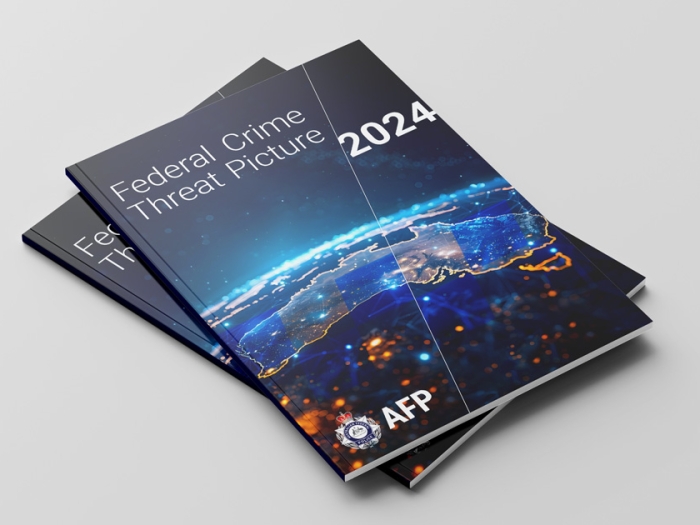ACT Threat Environment
Ensuring ACT roads are safe by combatting dangerous driving
Dangerous driving continues to be a risk to the community, ACT Policing is committed to finding ways to reduce this serious offending, in both prevention and post-incident response. Ensuring the ACT community is appropriately protected from dangerous driving and those who engage in it is a priority.
Policing is committed to Vision Zero – a principle meaning no deaths or serious injuries on the road transport network, as such deaths and serious injuries are preventable. ACT Policing will continue to target the ‘fatal five’ factors contributing to road injuries and death by:
- Minimising the number of serious injuries and fatalities on our roads by exploring additional mechanisms, including potential legislative reform, to reduce incidents of dangerous driver behaviour in the ACT.
- Education, innovation and targeted enforcement by working with partner agencies, supporting the ACT Road Safety Strategy and Action plan and maintaining targets to align with the ACT Road Safety Calendar.
ACT Policing recognises the ongoing concern in the ACT community regarding dangerous driving, which tragically continues to claim lives.
Countering terrorism and violent extremism
Terrorism and violent extremism remain enduring and serious threats to the safety of the Australian community and are becoming increasingly complex and diversified through the use of new technologies and techniques. As we move into an increasingly tech-based criminal threat environment, ACT Policing and the AFP work collaboratively to leverage shared capabilities and resources, ensuring police are at the forefront of crime.
Violent extremists are leveraging technology, including social media, to radicalise and recruit to their cause by spreading propaganda, misinformation and disinformation to a range of social media platforms. The ACT Fixated and Lone-Actor Grievance‑Fuelled Violence (FLAG) Assessment team have identified that vulnerable youth, including those who have diverse cognitive profiles or mental health conditions, are more susceptible to being targeted online by violent extremists who aim to radicalise and recruit individuals.
ACT Policing combats religiously and ideologically motivated violent extremism by:
- Continuing to strengthen the safety of the ACT community, including in public spaces, through ACT Policing’s dedicated Countering Violent Extremism (CVE) Case Manager role within the Education and Diversion Team of the Vulnerable Persons portfolio.
- Delivering the Commonwealth funded Living Safe Together Intervention Program (LSTIP) and the FLAG team which intends to work with individuals and communities who are vulnerable to radicalisation by providing support and awareness to those who are susceptible to radicalisation or who demonstrate unhealthy extremist behaviours.
ACT Policing will remain adaptive to the evolving crime threat picture by continuing enhanced intelligence sharing with the AFP and other key partners, community engagement initiatives and the implementation of robust policies to ensure the highest safety standards for the ACT community.
Strengthening our community from being exploited by organised crime
Serious and organised crime presents a significant ongoing risk to the ACT community, as organised crime profits through the exploitation of the community. The ACT community has become increasingly exposed to the violence that accompanies organised crime, with shootings, arson attacks, serious assaults and murder becoming more prominent. ACT Policing works closely with the AFP to combat and disrupt, serious and organised crime by:
- Driving initiatives through collaborative law enforcement efforts to advance surveillance techniques, community awareness and stringent legal measures that strengthen the community from being targeted by organised crime syndicates whilst continuing to focus on seizing associated wealth derived from this criminal activity.
- Enhancing our response to, and the investigation of, offences, in particular drug production and trafficking, by forging strong relationships with stakeholders to facilitate cross-jurisdictional information sharing and targeting activities.
- Applying technological and forensic capabilities that enhances the effective use of intelligence from a wide range of sources to disrupt these groups within the community.
ACTP will continue to maintain strong partnerships with law enforcement partners, whilst adopting a technology based approach to disrupt organised crime, which is lucrative, clandestine, complex, and linked closely to legitimate businesses across all sectors.





